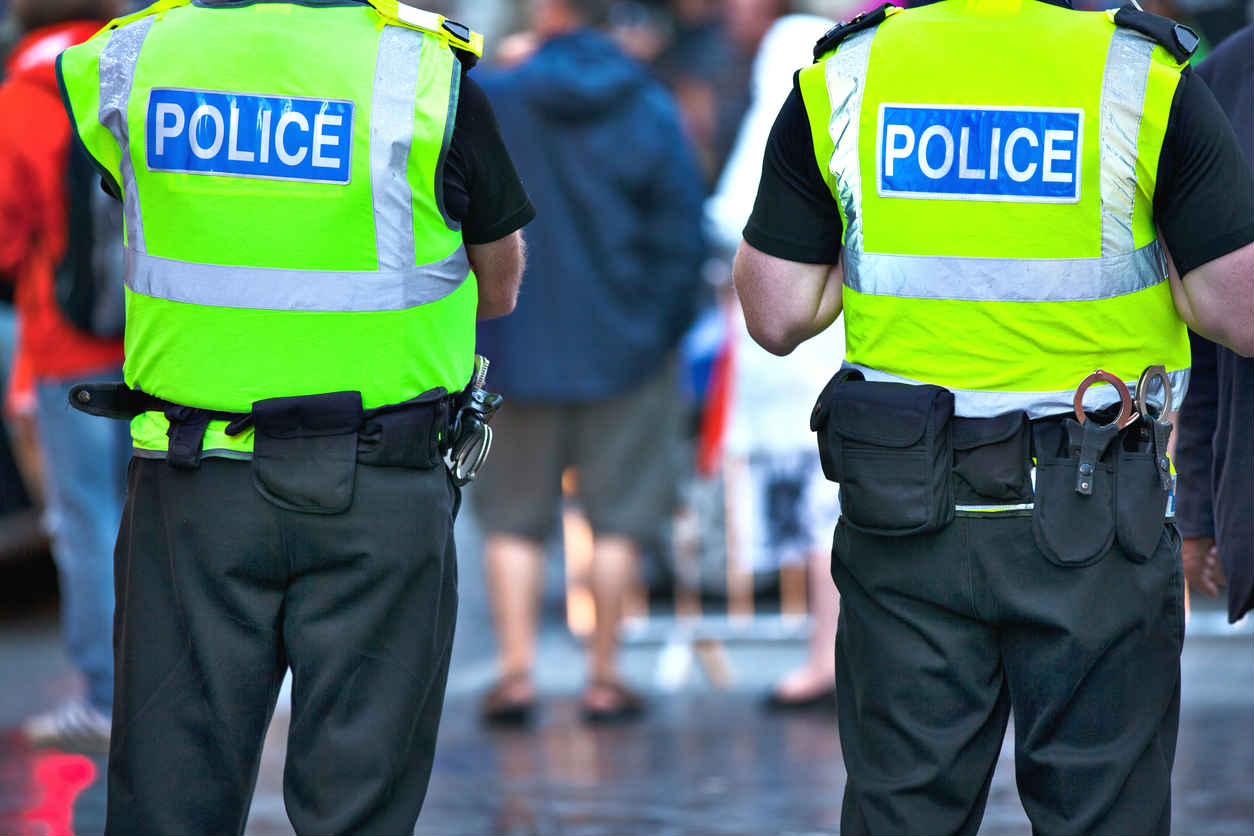The brave men and women who put their lives at risk to protect us face a variety of dangers on the job.
Between public service, sufficient pay, and favorable retirement benefits, choosing to become a police officer is a decision that many Missouri residents make. Doing so comes with a variety of dangers, though. Despite this risk, officers are usually eligible for workers’ compensation when they are injured on the job. This is best confirmed by a Missouri workers compensation attorney, but an officer’s chances of obtaining benefits are usually very high. Here are the top dangers that can put an officer in that situation.

Violent Attacks
Perhaps the first danger that comes to your mind when you think about this topic is violent attacks. Depending on where an officer serves, they may not deal with dangerous individuals on a day to day basis. However, they occasionally do. When that happens, they are at risk of attack from that person, which can cause severe injury or even death.
Car Accidents
An unsung hazard faced by police officers is car accidents. Not only do they drive for many hours every shift, but they also must drive fast to get to emergencies quickly. Even with a siren on, driving over the speed limit through intersections is a dangerous practice.
Emotional Disorders
Though the most famous cases of workplace emotional disorders come from the army, emergency responders are frequently affected by them too. The reason is that they often witness terrifying and haunting events. This can lead to anxiety, depression, PTSD, and more.
Physical Health Risk Factors
Given that much of a police officer’s work takes place in a car, they are sitting for large portions of their workdays. Additionally, they may often eat at fast-food restaurants. A sedentary job and poor nutrition often result in obesity and a variety of other health complications.
Repetitive Movements
Any job that incorporates repetitive movements puts its workers at risk. This is true of police work, which involves a lot of driving and computer use, rather than a varied set of physical motions.
Slips, Trips, and Falls
Just like any other job, police officers are subject to falling. This is especially true when they are in pursuit of a suspect on foot. Between sprinting, jumping, and carrying out other complex physical movements, there are many chances for an officer to fall.
Exposure to Disease
Depending on the area that an officer works in, they could experience significant exposure to disease. This can come in many forms, but the most common are other people, animals, and needles. Police officers come in close contact with each of these, so they are more at risk of disease than most other professions.
One of the best things about being a police officer is that your department will generally take good care of you if you have to leave the force. In the case of retirement, this comes in the form of a pension. When it comes to workplace injuries, that safety net is generally provided by workers’ compensation. If you are a police officer and get injured on the job, it is a good idea to speak with an experienced workers comp attorney to learn more about what benefits you may be entitled to.
